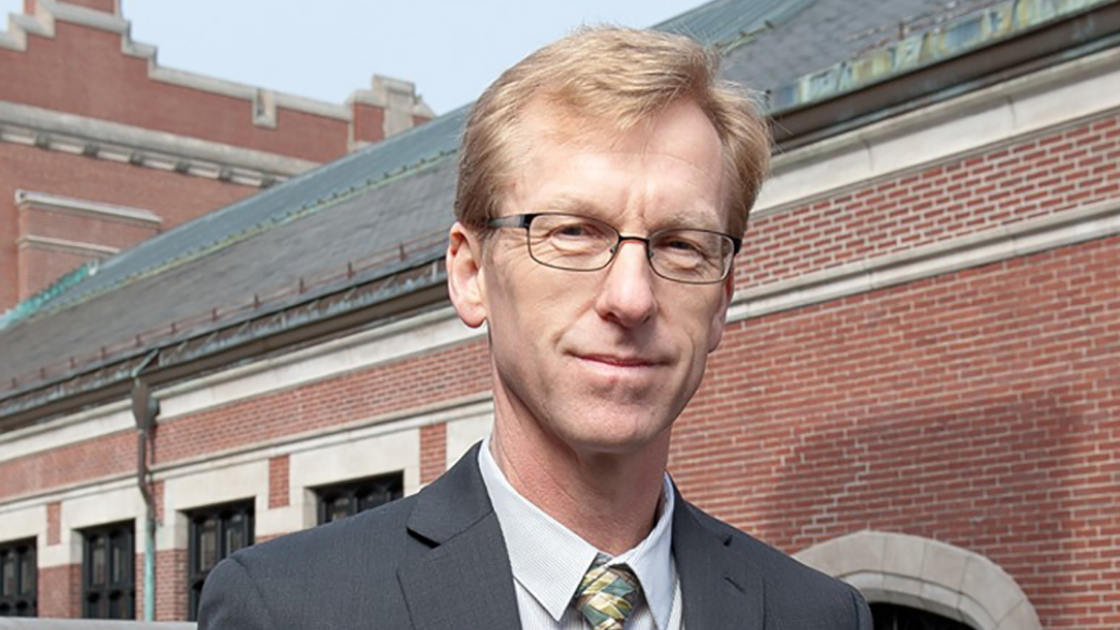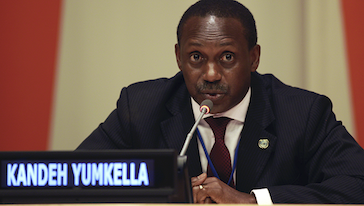
Global Witness’s annual reports on the killings of environmental defenders are but one, awful, indication of the social injustices that can accompany the extraction of natural resources from the subsoil and from forests. The struggle for social justice in these environments has become yet more difficult under COVID, all the more so given the impacts of COVID on indigenous populations in many of these environments. These challenges seem likely to intensify downstream of COVID in the face of economic reactivation policies, closing civic space, the search for energy transition minerals, and a politics of urgency that risks undermining a politics of social justice.
In this talk, Anthony Bebbington explored some of these trends and the challenges they present to civil society and to philanthropies that support civil society. He referred especially to the experience of the Ford Foundation, while also making a broader argument.

As we begin the final stretch to 2030, Sub-Saharan Africa is facing serious challenges achieving the Sustainable Development Goals (SDGs). With significant population growth and massive urbanization in the continent, governments are under tremendous pressure to achieve economic growth, provide jobs and social services, and expand access to energy.
Currently 600 million people lack access to electricity and about 900 million lack access to clean cooking solutions. By 2025, Africa’s population will exceed China and India, and by 2040, its economic output could quadruple, with about 500 million more people moving into African cities. All of this implies a three -to-fourfold increase in the demand for energy. Thus, how the continent decides to source its energy will determine economic transformation and prosperity of its people, and will also greatly influence global climate change.
The current lack of access to reliable and affordable modern energy is seriously affecting service delivery in health and education and also slows down economic growth. At the same time Sub-Saharan Africa already faces a disproportionate negative impact of climate change though it accounts for less than 4 percent of Green House Gas (GHG) emissions, and about 2 percent of energy-related CO2 missions. Extreme weather events, including droughts and floods already have impacts on energy generation and agricultural production.
Within the above above context, the question is: how can Africa achieve its ambitious goals enshrined in the African Union’s Agenda 2063, promote the Sustainable Development Goals, and at the same time adhere to its commitments under the Paris Accord?
Dr. Yumkella argued that accelerated investment in sustainable energy is key to achieving all three agendas. In 2019, he was part of several global initiatives supporting energy transitions in Africa including, serving as adviser to the Director General of the International Energy Agency, Coordinator of the AU-EU Sustainable Energy Investment Platform, and one of the facilitators of the UN-World Bank Health and Energy Platform for Action (HEPA) for Clean Cooking Solutions.
The lecture covered some of the efforts to achieve SDG-7 i.e. access to affordable, reliable and sustainable modern energy services for all. It highlighted the crucial importance of energy as an enabler for achieving the development goals of health, food security, education and clean water and sanitation. It also explored the policy actions required to scale up investments to achieve the SDG-7 targets by 2030. Other critical issues addressed included, the pathways to sustainable development and sustainable energy access for Africa and how international cooperation can support capacity building for the right strategies and policies to be put in place to incentivize public-private partnerships for a low carbon transition on the continent.

